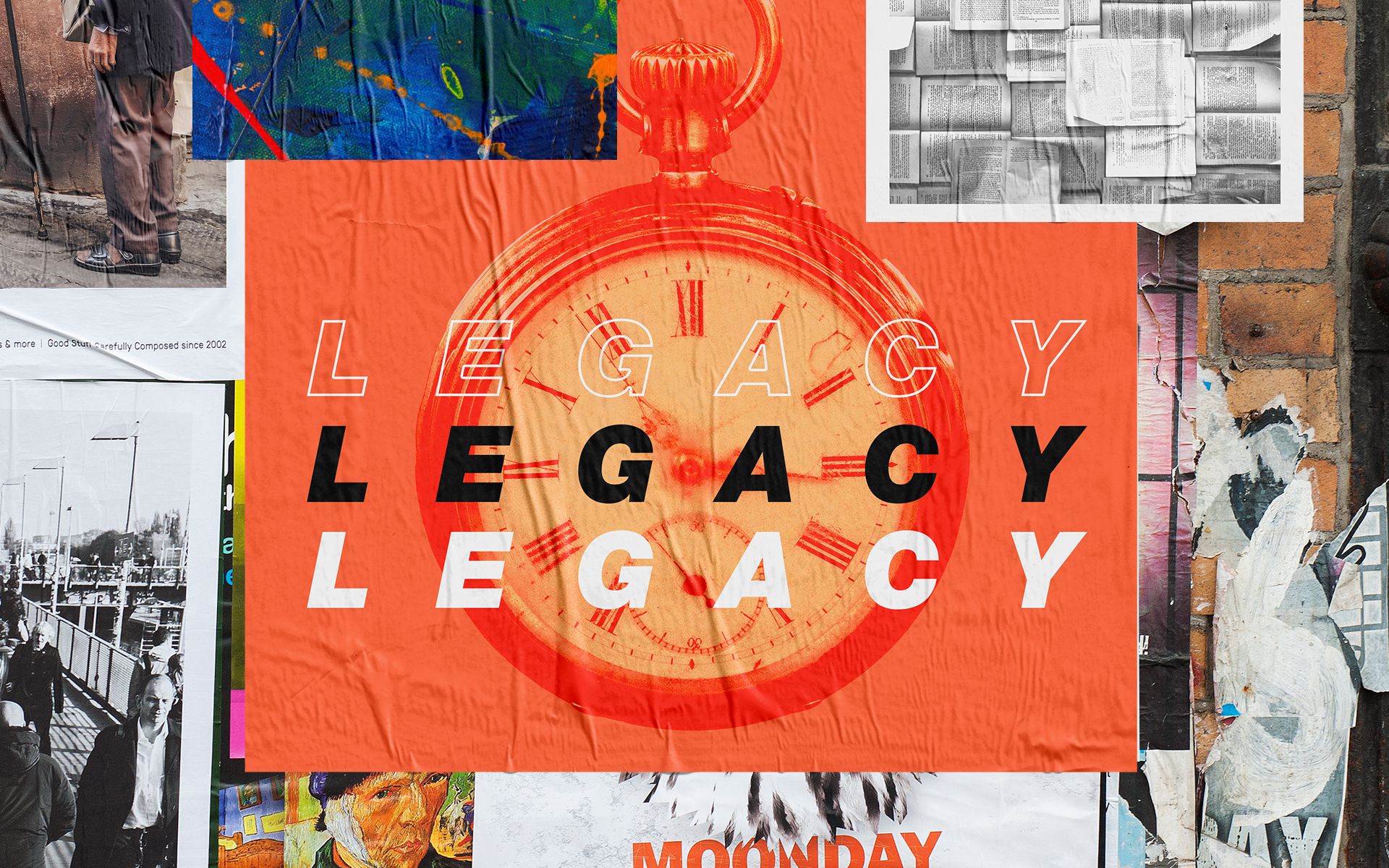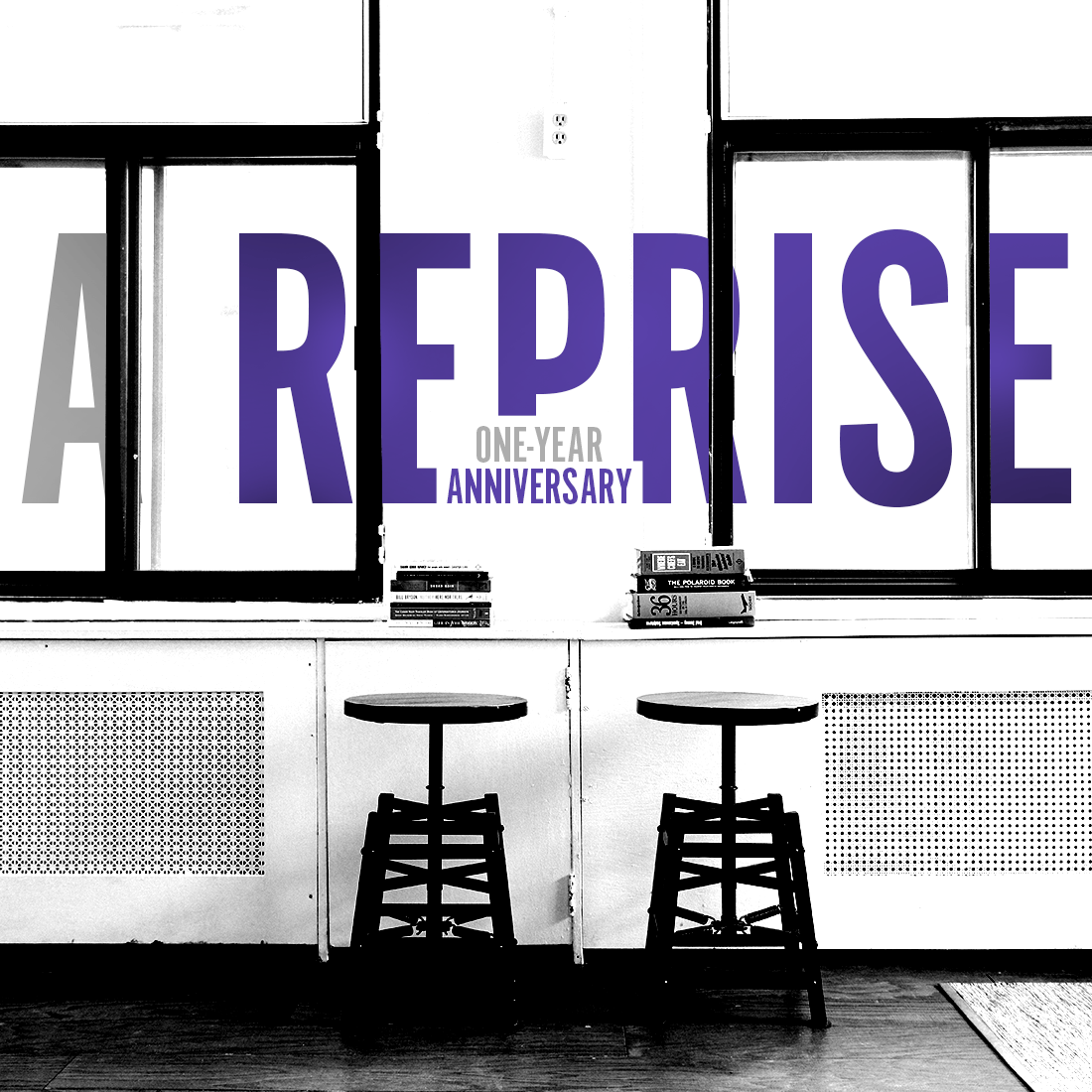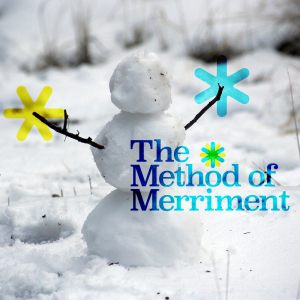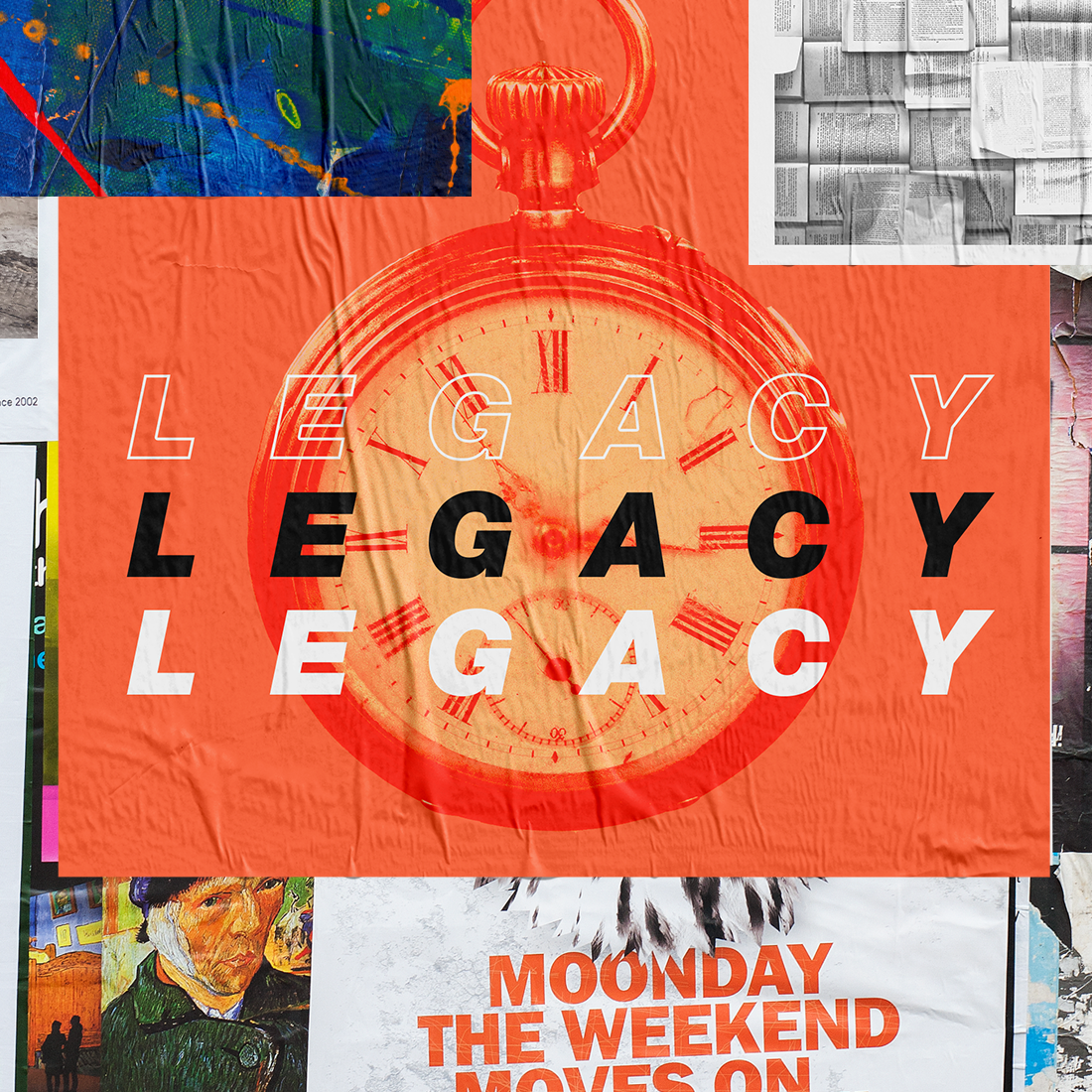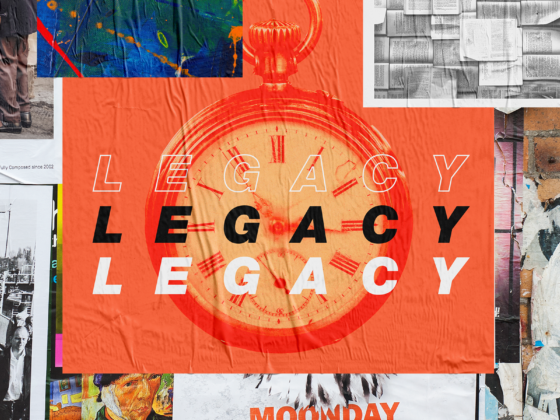DELESSLIN GEORGE-WARREN
Disclaimer: this article contains mature language that may offend some readers.
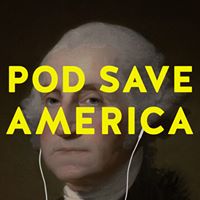
I am in a one-sided feud with Crooked Media — a media company that produces Pod Save America and other podcasts. Like most feuds — particularly ones where only one party is aware of it — it’s unclear exactly when the fight began. But the heart of my ire can be summarized as: “those non-Natives sure do use ‘tribe’ a lot, particularly for people who never talk about Native issues.”
I have vague recollections of hosts Tommy, Jon, Jon, Dan, and their guests using “tribal” to describe everything from progressive sects to entire political parties, but mostly these incidences just warranted a groan and an eye-roll.
I am a citizen of Catawba Indian Nation, yę iswą (The People of The River), the only federally-recognized tribe in South Carolina. In our community, people often ask, “Is So-and-so tribal?” When we ask that question we aren’t wondering if So-and-so is overly dedicated to their niche political community. We are actually asking if they are a citizen of Catawba Indian Nation. Two years ago, I attended the United National Indian Tribal Youth National Conference. The attendees were not roving cliques of libertarian evangelists, Bernie Bros, or Red Hat Wearers. They were groups of indigenous youth from Diné, Sapponi, Utqiagvik, and many other places. At another conference, I locked eyes and grimaced with the other Native attendees as a guest speaker described the federal government as “sometimes being a little tribal.” When President Obama brought together indigenous youth at the White House, wasn’t it named the “White House Tribal Youth Gathering”?
The White House Tribal Youth Gathering 2015 | Source: natvonline/YouTube
So this might be reason enough to stop using “tribe,” “tribal,” and “tribalism” as an adjective for informal political and social groups. Indigenous communities use these words — with the possible exception of “tribalism” — on a daily basis. At the very least, using “tribe” to talk about twinks vs. bears (I’m looking at you, Grindr) or Hillary vs. Bernie can be alienating to indigenous people.
Some media outlets may be alright with alienating indigenous listeners, however, Crooked Media is explicit about its dedication to liberal and progressive causes. So are citizens of tribal nations not part of this much-needed and much-wanted progressive coalition? Do we not vote? Do we not protest? Do we not have unique political, social, and ethical concerns?
It’s difficult to say “tribe” in the United States without also invoking the ways it has been used in the course of colonial history.
To me the answer is a loud and boisterous “YES.” Of course, for non-native folks, the answer may be “no” or “we don’t care,” which, of course, wouldn’t be surprising. It has long been the approach of the United States and its citizens to erase indigenous peoples and our claims to rights, lands, and lifeways.
Which brings me to the second complication with using “tribe” to mean something other than an indigenous community: it ignores history. During a particular episode of With Friends Like These — another Crooked Media podcast — show host Ana Marie Cox speaks with Jon Favreau (of Pod Save America) about politics and lands on a refrain decrying “tribal politics.” It was clear from the context that she was not referring to the internal politics of a particular tribal nation. Instead, she was talking about the sectarianism evident in U.S. society.
In response to this episode I did what I usually do when I’m frustrated: I tweeted something sassy and angry. Unlike everyone else at Crooked Media, Ana Marie Cox actually responded:
My understanding of how we use "tribe" today is that it is incorrect to use it in relation to indigenous people (who were nations, not "tribes,"), but as an English word dating to the 13th c it has a meaning that predates Western colonization–and that's the meaning we used?
— ana marie cox (@anamariecox) May 18, 2018
Ana Marie Cox is correct that many indigenous communities ask that they not be called “tribes.” There are 573 (and counting) federally recognized indigenous communities and each one has a different perspective on terminology. Often communities prefer to be known as “nations,” “villages,” or some other term. It is significant to note that the Office of the Federal Register uses the term “Indian Tribal Entities” to describe the totality of federally recognized communities.
However, my point isn’t that non-native folks must refer to us as “tribes.” My point is that non-natives shouldn’t use “tribe” to describe communities other than indigenous ones. When I’ve had discussions with folks about the informal use of “tribe,” this is usually the part of the conversation where they, like Ana Marie Cox, turn to dictionary definitions. Strangely, folks rarely turn to a thesaurus when challenged about their problematic use of “tribe.”
What’s most troubling about this flippant use of “tribe” is that it is accompanied by a near total erasure of actual indigenous communities.
Dictionaries are fine tools, but I wonder how many indigenous lexicographers worked on Webster’s definition of “tribe”? In her tweet, Cox asserts that “tribe” had another meaning predating the advent of settler-colonialism on Turtle Island (North America). She is correct — the etymology of tribe goes way back. The Latin root is tribus, which originally referred to the three divisions of Roman people, which explains why tribe shares three letters with “tripartite” and “trilogy.” This is interesting but not terribly relevant. The meaning of words change over time. “Faggot” had a meaning predating its current usage in the U.S., but that doesn’t mean one can use that older definition without also invoking the more recent homophobic history. Similarly, it’s difficult to say “tribe” in the United States without also invoking the ways it has been used in the course of colonial history.
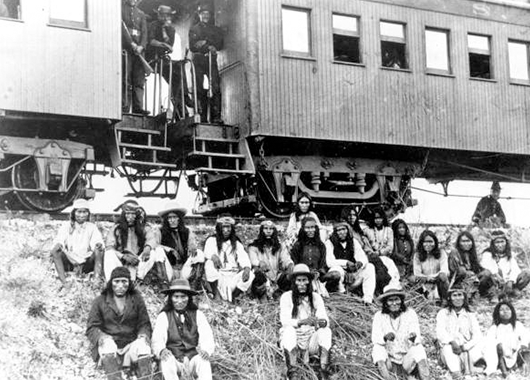
Geronimo and fellow Apache Indian prisoners on their way to Florida | Source: Florida Memory/Flickr
Throughout U.S. history, “tribe” has been used almost exclusively by the U.S. government to mean “indigenous communities.” The foundational document of the United States makes this explicit. Article I, Section 8 of the U.S. Constitution reads: “Congress shall have the power to regulate Commerce with foreign nations and among the several states, and with the Indian tribes.” Even without the adjectival “Indian,” I doubt the Founding Fathers were reserving Congressional power to regulate commerce with roving bands of socialists.
Although this passage is superficially more civil than Thomas Jefferson’s use of “merciless Indian savages” in the Declaration of Independence, it obscures a more sinister, colonial belief that indigenous communities are less sovereign than nation-states. It is not a mistake or oversight that the Framers distinguished between “foreign nations” and “Indian tribes.” It speaks to their belief that our sovereignty as tribal nations was more violable than the sovereignty of Western European nation-states. This belief was necessary for the United States to carry out its multi-century colonization and genocide of indigenous peoples.
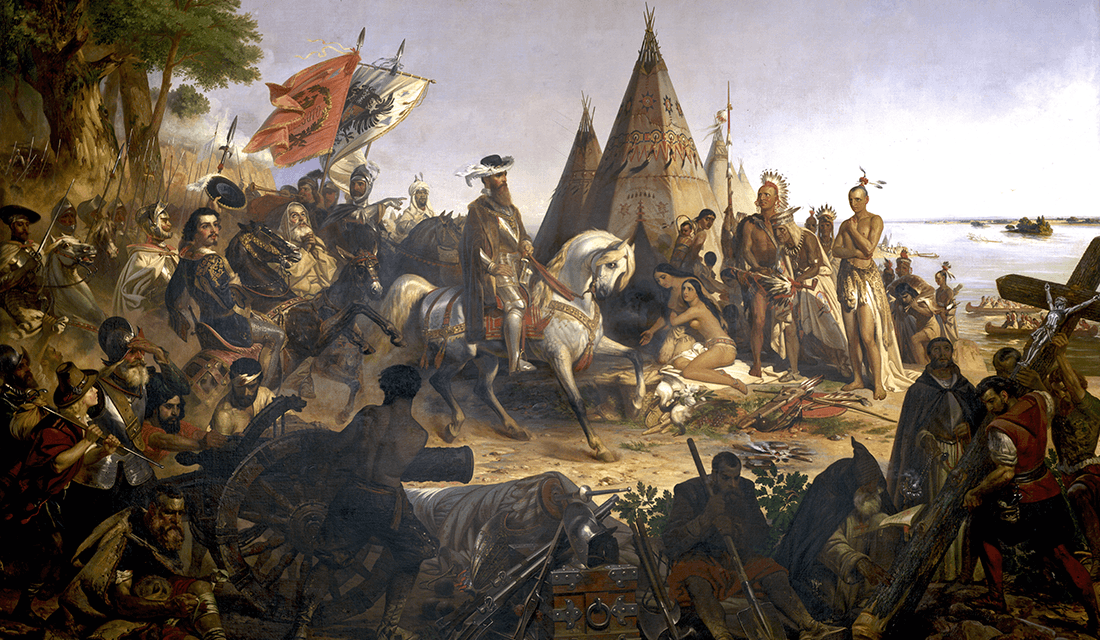
1853 painting by William Henry Powell titled Discovery of the Mississippi by De Soto, commissioned by the U.S. government for the Capitol building | Source: Architect of the Capitol
Of course, the United States was not unique in this subtle linguistic differentiation. In practically every context where English has been the colonial language, you find the term “tribe” being used to describe communities that have been identified for destruction, removal, or assimilation. Even today, the U.S. military describes communities in the Middle East that they believe are less-than-sovereign as “tribes.”
By the time the U.S. government began adopting the language of “tribal nations” to describe indigenous communities, it was clear that they would never view our communities as fully sovereign. For example, in the Indian Appropriations Act of 1871, there is an almost nonsensical assertion “that hereafter no Indian nation or tribe within the territory of the United States shall be acknowledged or recognized as an independent nation, tribe, or power with whom the United States may contract by treaty.” Here, the United States Congress is essentially saying, “Alright, we will call you ‘nations’ as long as we make it explicit that we don’t actually consider you sovereign nations.”
[The] heart of my ire can be summarized as: “those non-Natives sure do use ‘tribe’ a lot, particularly for people who never talk about Native issues.”
I imagine some readers are thinking, “Well, when you look at the context in which Ana Marie Cox and the Crooked Media Boys use ‘tribal,’ it’s clear what they mean.” But, dear Reader, speakers do not need to explicitly understand the connection between their use of the term “tribe” to invoke this colonial history. This has been true of ignorant uses of racist language, sexist language, homophobic language, transphobic language, and ableist language.
Informal uses of “tribe” and “tribal” aren’t separate from colonial history, as Ana Marie Cox suggests, but are actually reliant on its history to create meaning. It is exceedingly rare to see France, the United Kingdom, or the United States described as “tribes” because the sovereignty of these political institutions is explicit. “Tribe” and the pejorative “tribal” is used to describe informal communities like libertarians, Bernie Bros, Hillary-bots, and Silicon Valley’s tech community, because these words have always been used to describe communities that the U.S. views as less formal and less sovereign than itself.
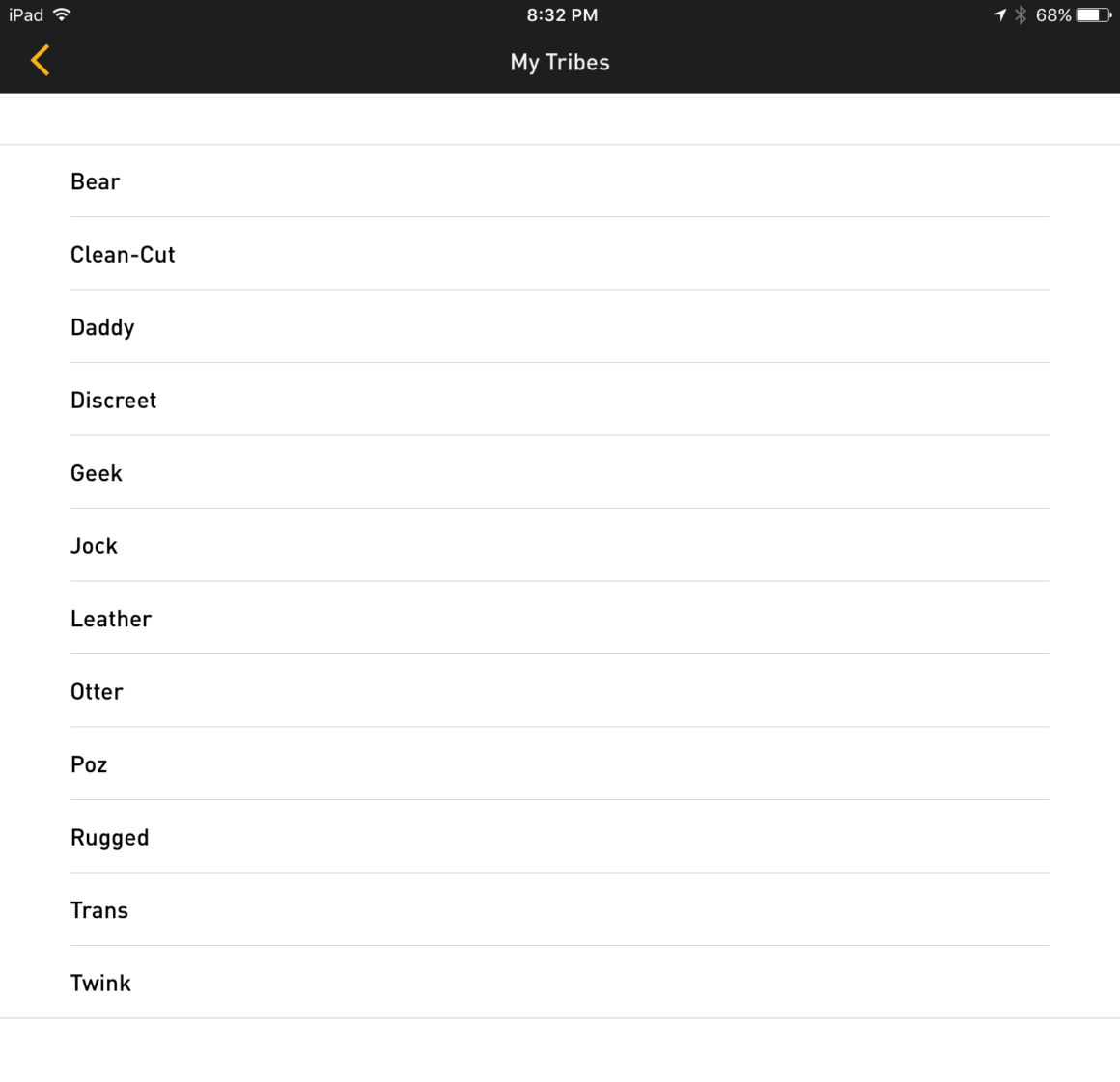
Grindr’s “Tribes” | Photo courtesy of the author
This problematic use of “tribal” is ubiquitous, particularly amongst pundits, think-piece writers, and self-help evangelists. John Fugelsang has used it more times than I can count. Grindr won’t let me select Catawba as my “tribe” on their app. Tim Ferris thinks a group of mentors somehow constitutes a tribe. This is not just Crooked Media’s problem.
What’s most troubling about this flippant use of “tribe” is that it is accompanied by a near total erasure of actual indigenous communities. I’ve heard self-proclaimed progressives use “tribe,” “tribal,” and “tribalism” many more times than I’ve heard them discuss indigenous issues or — gasp — actually give space for indigenous people to speak on our own issues. And no, asking Elizabeth Warren how it feels to be called “Pocahontas” does not count.
Maybe someday “tribe” can be reappropriated from its colonial past, but that is lexical work that can only be done by indigenous peoples. Until that day, non-indigenous people should remember that they cannot simply declare themselves exempt from colonial history. They are as much entangled in it as we are, even if they have the privilege to forget it.

